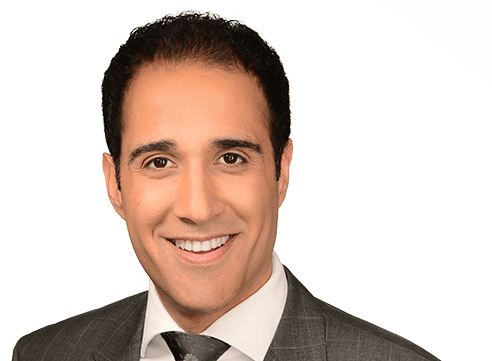Snoring is a very common condition, studies show about one-quarter of us snore on the regular. Chronic snoring can affect day-to-day life in ways an occasional lost night of sleep does not. Dr Choroomi treats snoring conditions with both medical and surgical treatments.
Snoring
Treatment for Snoring, Sleep Apnea and Sleeping Disorders may include:
Medical Treatments
- Custom Oral Appliances: Similar to a mouth guard, the Mandibular Advancement Splint is worn at night to move the lower jaw forward, widening your breathing airway. A dentist will fit the appliance specifically to your mouth, making it extremely comfortable to wear while you sleep.
- CPAP Machine (Continuous Positive Airway Pressure): A diagnosis of sleep apnea may require the use of a CPAP machine while you sleep. This machine will keep your airway from collapsing by gently blowing pressurised air into a mask worn over your nose or face.
- Tonsillectomy: Enlarged tonsils may require tonsillectomy surgery to treat your snoring or sleep apnea. Patients usually have a noticeable improvement in their symptoms within 6 months of surgery.
- Nasal Surgery: Deviated Septum Surgery (Septoplasty) may be performed to treat snoring caused by nasal obstruction. During surgery, the septum is repositioned or removed to open the nasal airway.
- Uvulopalatopharyngoplasty (UPPP): UPPP treats sleep apnea by tightening or removing loose tissues in the throat, thereby expanding the air passageways. Even if surgery successfully removes the blockage, you may still need the assistance of a CPAP machine while you sleep.
Lifestyle Changes.
- Changes in lifestyle: If you have no underlying medical causes, changes in your lifestyle may bring you nighttime relief.
- Establish a regular sleeping pattern: Try to go to bed and wake up at the same time.
- Adopt a healthy and athletic lifestyle to loose weight and develop good muscle tone.
- Avoid sleeping pills, and antihistamines before bedtime.
- Avoid alcohol for at least four hours and heavy meals or snacks three hours before going to bed.
- Change your sleeping position: sleep on your side rather than your back and elevate your head 4-6 inches.











